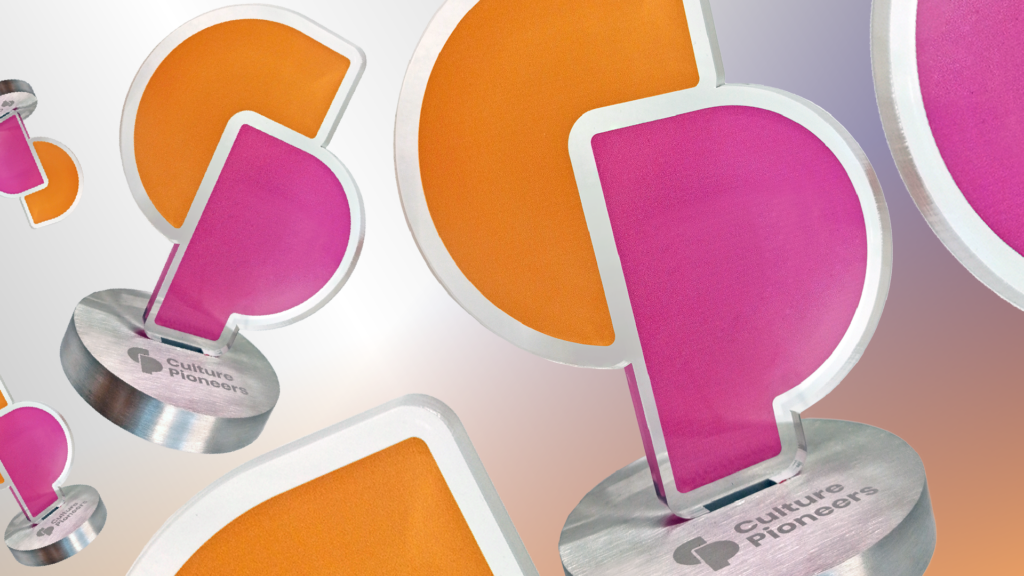
Since the publication of John Makinson’s “Incentives for Change” report in 2000, the public sector has been busy trying to implement reward systems that concentrate on the team, and not just the individual. The private sector has been playing catch-up ever since. But is that how the real world works? Rob Lewis wonders if businesses would really be better off rewarding teamwork over individual achievement.
The merging of salary, benefits, and pensions administrations with relatively new non-financial rewards like flexitime, stretch assignments and working from home has led to an unparalleled individualisation of the employment contract. With all this emphasis on personal reward, and the collective bargaining of the trade unions a thing of the past, has the private sector forgotten the importance of rewarding the team?
Charles Cotton, CIPD advisor on reward, says the complexity of contemporary reward systems often defeats their purpose. “Organisations don’t always do a very good job of communicating their rewards to employees, and so employees just focus in on salary instead,” he says. As a result, the behavioural message these employee rewards could send out is often lost in the mix.
Without this message (whatever it may be), employees are operating in a vacuum, explains Cotton. “They don’t know what is being rewarded and why, they don’t know how to progress, and they may feel they’re being treated unfairly. The danger is without reward management individuals start creating their own beliefs about what the organization values and recognises, and what skills and attitudes are required, which may not be the ones the organisation needs.”
In terms of message, there’s nothing that spells out the value of teamwork more than team rewards. Currys offers a good example. For years the chain, owned by the DSG Retail group, has been fighting an ignominious battle to improve its reputation for poor customer service. It was making regular appearances at the bottom of consumer satisfaction surveys, and the Competition Commission, Trading Standards and Which? magazine had all given the chain raps on the knuckles about it.
Dysfunctional behaviour
DSG hired consultants Innecto to review their reward strategy, who found that Curry’s had a culture of creating high performing sales colleagues, who interfaced diretly with the customer, and received direct commission on everything they sold, sometimes with extra bonuses added by manufacturers or internal competitions. From a customer’s point of view, it was causing a problem.
From an employee perspective things were skewed too. Sales colleagues were “kings of the castle,” and their high level commissions meant other members had no share in the success of the store. Innecto were frank in their condemnation: it was leading to “dysfunctional behaviour” in the chain’s predatory sales force.
The solution was to overhaul the rewards system with a completely store team-based approach, which not only focussed on sales but also store profitability and other key performance indicators like staff overtime, stock shrinkage, and customer returns.
The new, team-based rewards system was piloted in eastern and north Scotland. One year later, the whole company moved over to the new scheme, and in the original pilot area sales were running at 142 percent of the company average. Plus, customer satisfaction mystery shopper results had increased by a fifth.
Helen Murlis, director, Hay Group
“This is the concept of total reward management,” says Helen Murlis, who, together with HR specialist Michael Armstong, are credited with coining the term “reward management” back in 1988. Now she’s a director at Hay Group. Total reward management isn’t just about recruiting staff and retaining them, she says, but also about performance and motivation, or namely, behaviour.
Murlis explains that salary administration was transactional, whereas reward management is transformational. “What employers are looking for these days is engagement,” she says. “They want hearts and minds, so you’re doing your best not just for yourself but the organisation.”
However, the Currys example is relatively rare. “Team rewards are extremely infrequent in the economy,” Murlis points out. “If you look at the CIPD research in this area you’ll find that certainly under 10 percent and probably under 5 percent of organisations are able to offer team rewards. There’s a huge amount of money being thrown at trying to do team reward better, and it’s actually very hard, even though team-working matters a lot.”
Tailored benefits
The fundamental point about the contract of employment, as Murlis has observed, is that it is with individuals, and not teams. And as this contract continues to feature an ever-growing array of tailored benefits and customized perks, it is only becoming more and more individualised. Perhaps it’s no wonder that teamwork is losing out.
Michael Rose, director of reward and HR policy at Aon, and CIPD vice-president of reward, agrees there is often a gap between the values a corporation says it has, and the behaviour it actually pays for.
“Many employees will recognise that the organisation articulates great values but seems to pay for some slightly different things, and that is a corporate reality,” he remarks. “But you can use the pay system to try and make sure your values and your objectives are aligned.”
Most people feel that teamwork should be rewarded. “After all, the only way you can succeed these days is to work with other people,” comments Rose. “The problem is defining your team and defining your objectives, both of which can be fairly fluid in practice.
“But even if you don’t put in a formal pay system to reward teamwork, you can at least put in recognition programmes which recognise the success of a team,” he adds. “Some institutions even have that formally, such as team of the year awards, but you must at least celebrate the success of a team when it comes to the end of a project.”
Michael Rose, director of reward and HR policy, Aon
Alternatively, as has been suggested by Murlis, amongst others, employers could incorporate the ability of an individual to work within a team into that individual’s performance review. This would be the “combination approach”, acknowledging the importance of teamwork, but through the framework of individual reward.
Fundamentally, though, everyone agrees that your reward policy has to be business-led, whether it is team-based or not (and there are plenty of high-performance environments where team-rewards would be extremely demotivating). If your reward management policy isn’t market justified, it just represents an additional cost.
Kevin Deed, principal at Mercer, sums it up: “I’ve seen an organisation put in a team rewards system largely because they thought that was the egalitarian thing to do. I don’t think they really thought about what they were trying to achieve. They weren’t business-led, and on that basis their reward strategy failed, simply because it wasn’t informed by what the business was trying to achieve. It was a nice idea, but there’s no such thing as best practice in reward management. There’s just best fit.”





